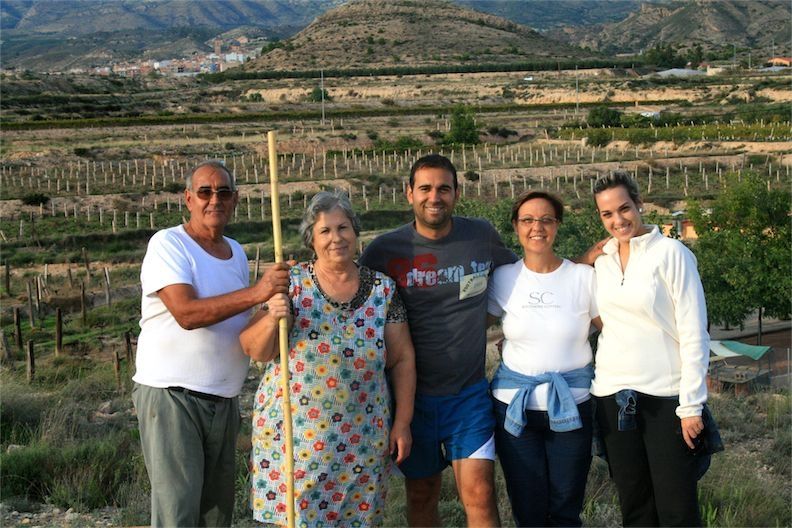What to do after studying abroad
I just came home from studying abroad. What do I do now?
Coming home from a semester or a year in another country is a bittersweet experience. On one hand, seeing friends, family, pets, and familiar, comfortable sites after a long separation is always a happy experience. On the other hand… Your adventure feels like it’s over. All you want to do is get back on that plane and explore the world some more. You met new people, tasted new foods, spoke other languages, and, perhaps, really experienced true independence for the first time. It’s hard to leave that behind.
Reverse culture shock is a reality not many travelers think to consider when they return home. Your friends and family will gush over your photos, ask questions about your experiences, and have lots of stories of their own to share with you. It can be comforting to hear familiar inside jokes, go to your old favorite bars, and reconnect with others. But for many people, there’s a disconnect – it’s hard to relate to anyone anymore. That loneliness can be isolating and distressing, and only makes you want to leave again.
That’s always an option. There are fewer things more eye-opening and rewarding than travelling the world and experiencing other cultures and points of view. Studies even show that living abroad makes you smarter. If you fell in love with a certain place or just got bitten by the travel bug, embrace it. But for now, you're home. Here's how to keep that abroad experience alive.
Connect with like-minded individuals
If you’re returning to school after studying abroad, no doubt there will be countless other students who also had an amazing experience and want to talk about it. Join or establish groups on campus for international storytelling, cooking, or language practice. The sense of community will help you get back into the swing of things and explore your interests with new friends.
Not at a university? Try researching groups in your hometown to join or find an online community. The internet gives us the ability to connect with people living thousands of miles away.
Write about it
Keep those memories fresh! Start a blog, keep a journal, or post on online forums. Reflecting on your time abroad afterwards is often the best way to discover just how much you’ve changed. The experience itself was so action-packed and exciting that you may not have had time to stop, take a breath, and think about it all.
Writing down your thoughts can also be therapeutic for feelings of loneliness or reverse culture shock. You’ll be able to communicate your feelings to friends and family who want to support you.
Start thinking about working abroad
Studying abroad is a great way to test the waters and see if you want to return as a working professional. There are lots of different ways to get a job abroad – we go over some popular options in our post “How to Get a Job Abroad”.
Once you’ve decided what work you’d like to do, prepare! Join LinkedIn and explore your industry, find out what qualifications you’ll need, and start networking. For example, if you’re leaning towards teaching abroad, research the best way to get TEFL certified.
Keep old friends and family involved
You might have difficulty relating to your friends who didn’t study abroad, and that’s fine. Keep them in your life and invite them to share in your new perspective. Who knows – you might convince one to be your travel buddy on your next European back-packing trip!
The important thing is to keep your roots. Living abroad can be mind-blowing – there are so many people living in this wonderful world! The one thing that keeps us all together is staying in touch and being accepting of differences. Making sure you stay connected with family and friends from home will give you stability and a welcoming attitude, no matter where you end up in the world.



